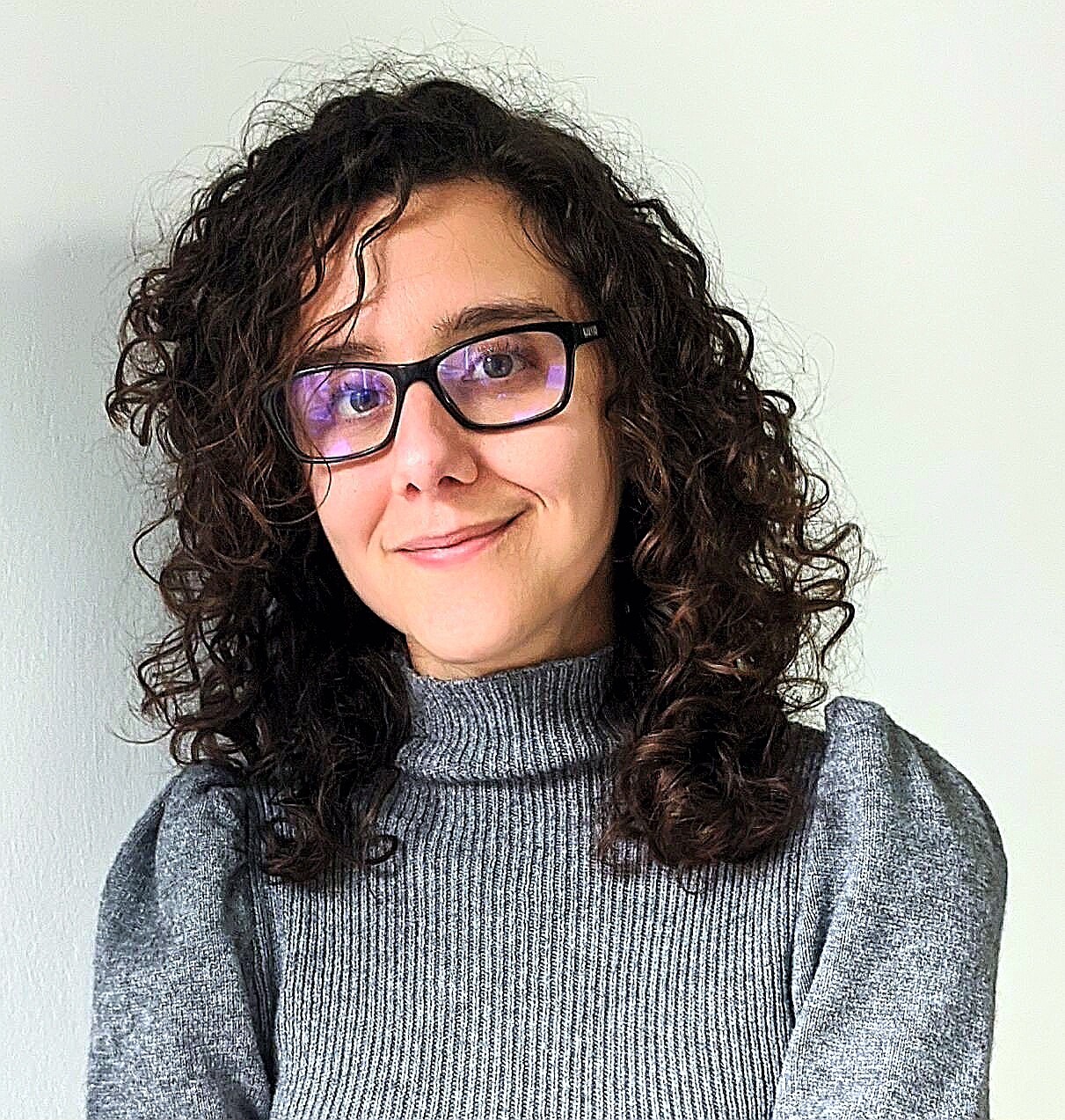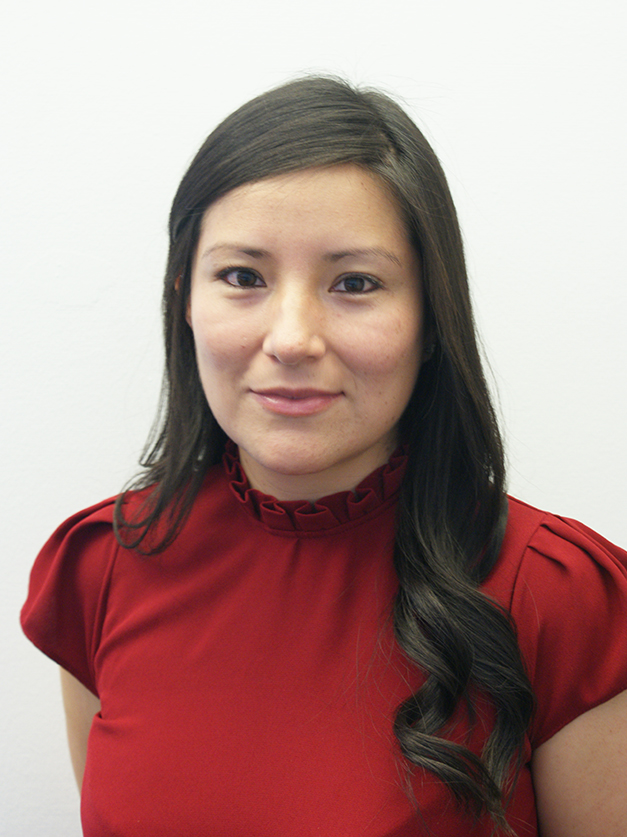Large Language Models (LLMs) store extensive knowledge within their parameters, easily accessible through natural language interaction. However, they struggle when probed for long-tail knowledge (information rarely encountered during training). Conversely, Knowledge Graphs (KGs) excel at structuring specialized information but are often incomplete. Leveraging the parametric knowledge of LLMs and the authoritative knowledge stored in KGs could advance long-tail knowledge extraction and enhance its exploitation.
The first edition of “X-TAIL, eXtraction and eXploitation of long-TAIL knowledge” aims to attract researchers and practitioners operating at the intersection of KGs and Generative AI. X-TAIL offers an opportunity to engage in interdisciplinary discussions focusing on non-standard sources or working on methods and tools designed to aid in such scenarios.





